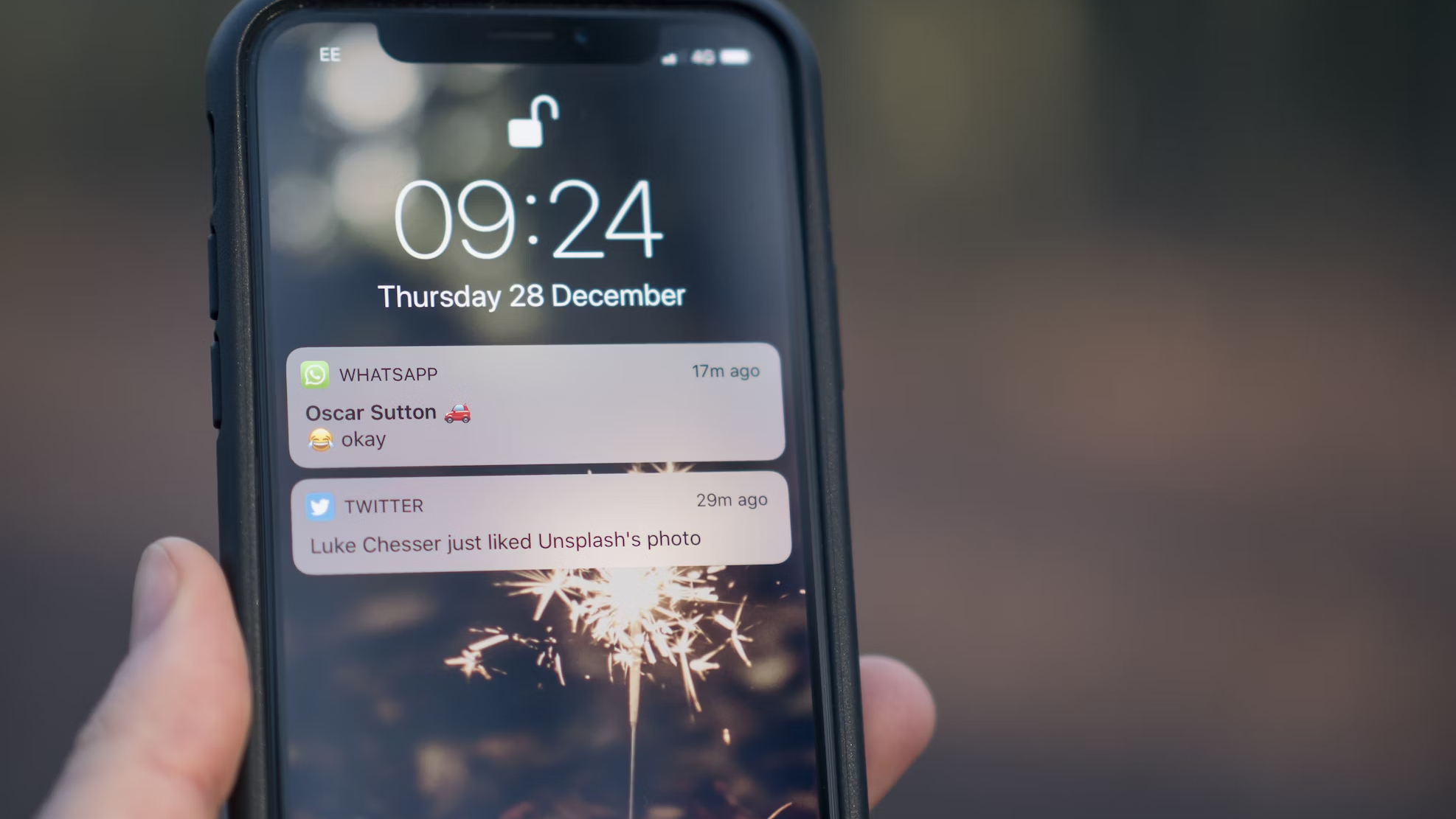
Apple has quietly updated its law enforcement guidelines in the wake of reports that governments can use push notifications to spy on people, now confirming it requires a judge’s order to hand over the data to law enforcement.
Last week, Apple admitted that the government can spy on your iPhone’s push notifications, after a letter from Senator Ron Wyden sent to the Department of Justice revealed foreign officials had examined such data from both Apple and Google. While Wyden wanted to repeal or change the policy that forced Apple’s silence on issues like this, Apple issued a statement confirming that because the method was made public in the letter, it could update its transparency reporting and reveal these kinds of requests.
Now, Apple has gone ahead and confirmed that it won’t acquiesce to such requests without a court order, as reported by Reuters
The letter of the law
The outlet notes that “Apple (AAPL.O) has said it now requires a judge's order to hand over information about its customers' push notification to law enforcement, putting the iPhone maker's policy in line with rival Google and raising the hurdle officials must clear to get app data about users.” Apple didn’t announce the policy, but instead quietly updated its Law Enforcement Guidelines.
A new section titled “Apple Push Notification Service” states “When users allow an application they have installed to receive push notifications, an Apple Push Notification Service (APNs) token is generated and registered to that developer and device. Some apps may have multiple APN tokens for one account on one device to differentiate between
messages and multi-media. The Apple ID associated with a registered APNs token and associated records may be obtained with an order under 18 U.S.C. §2703(d) or a search warrant.”
While it may be a small comfort to some knowing this kind of information needs to be obtained through proper legal channels, most users will likely be non-plussed that anyone can see their push notifications at all, not least because they often come from apps with sensitive information including messaging and banking apps, health apps, and more.







